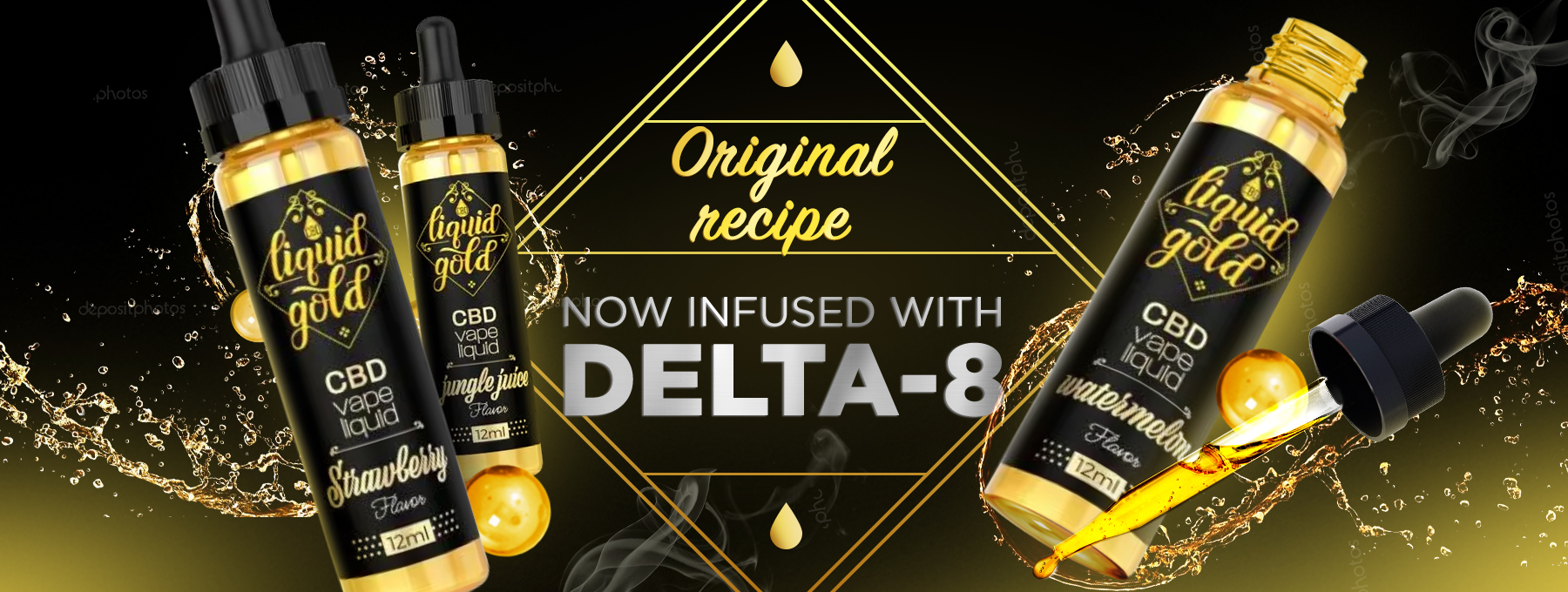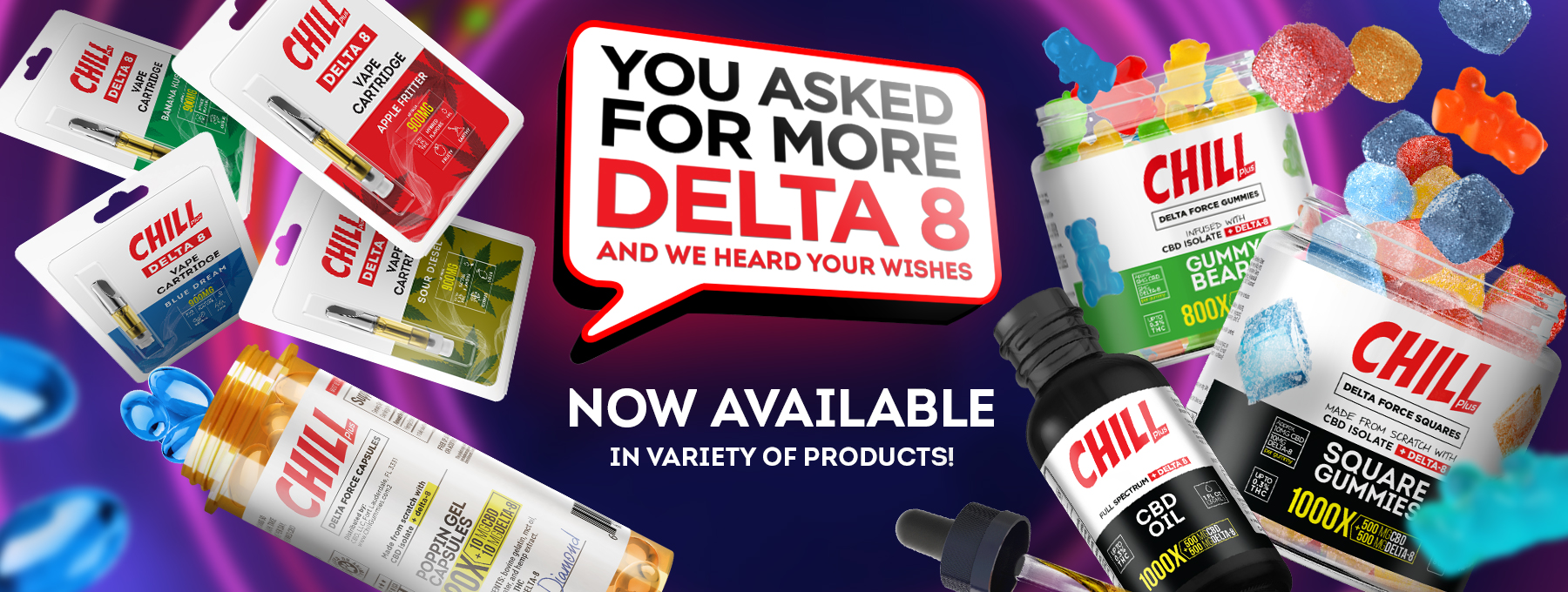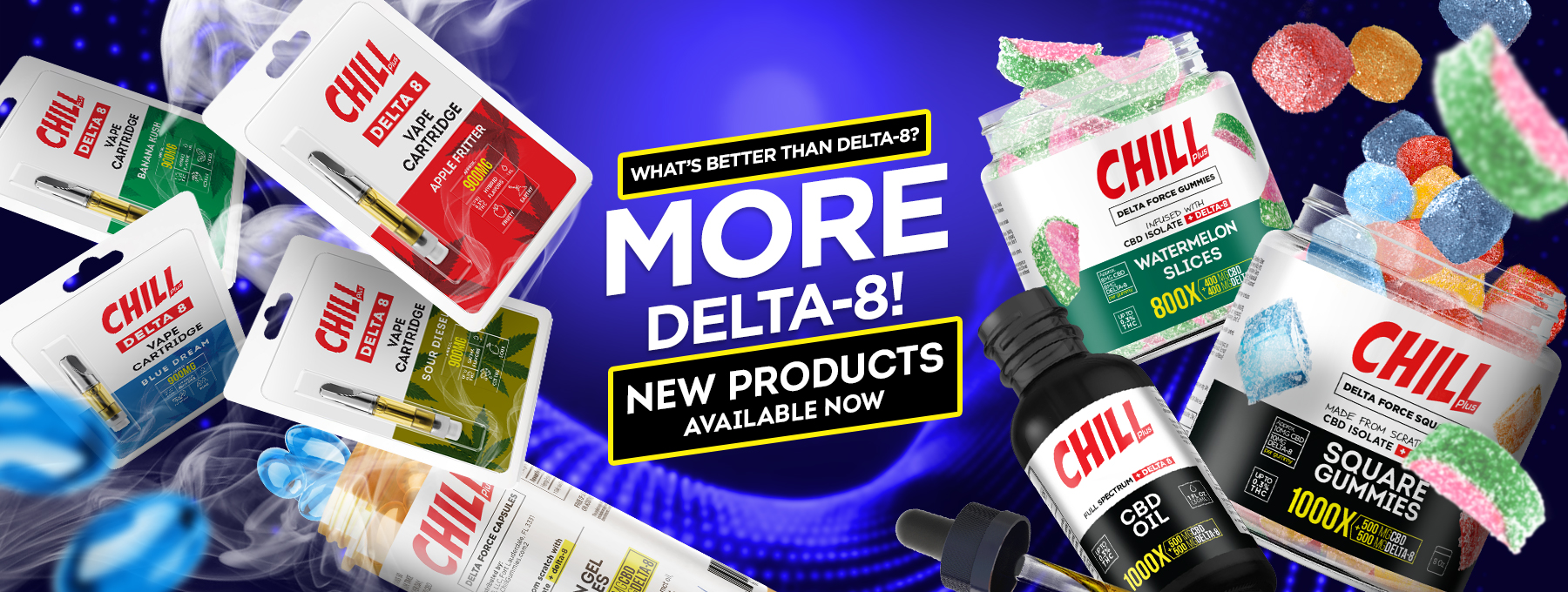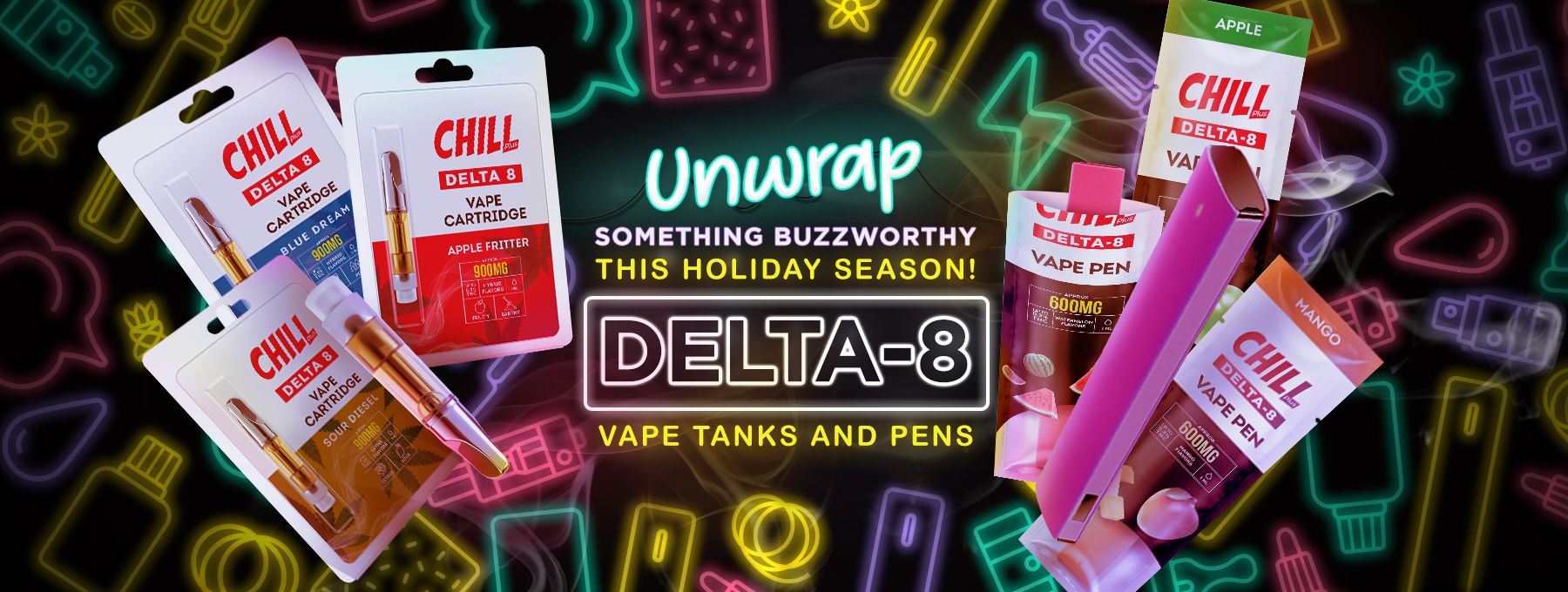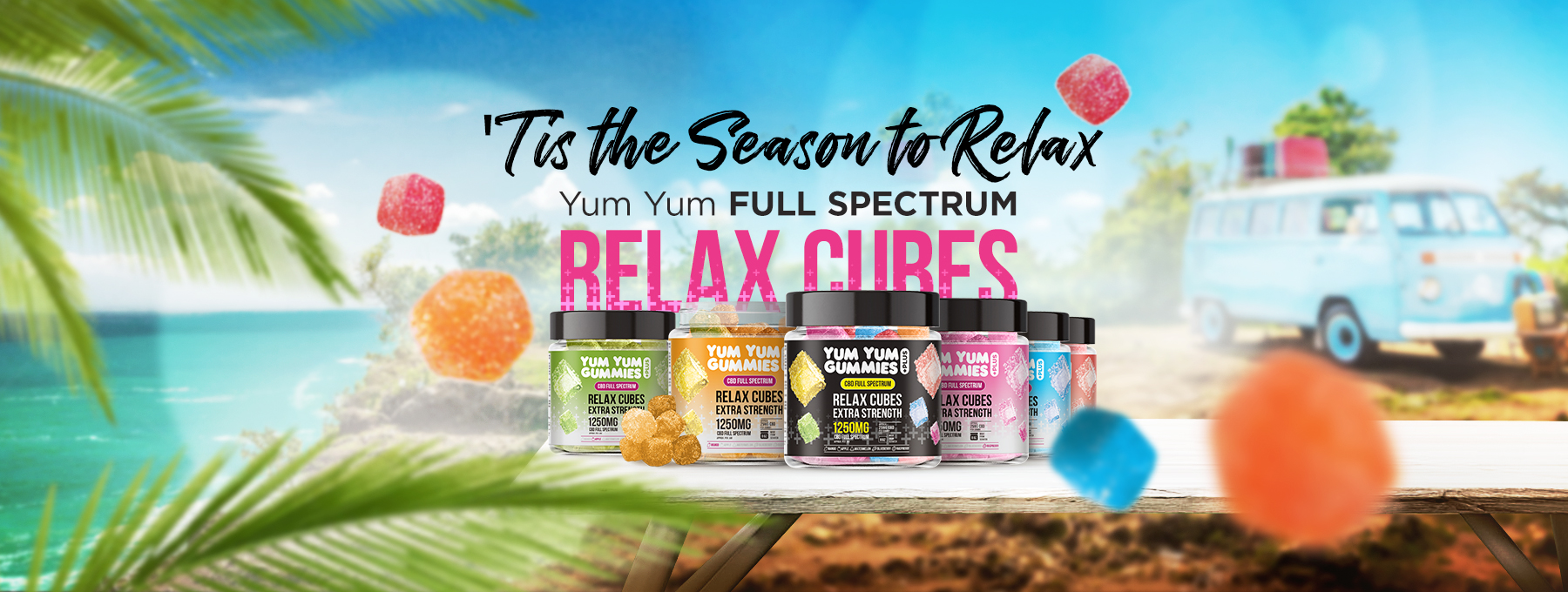Carrier Oils for CBD Products
Carrier oils play a vital role in the world of CBD products, acting as the unsung heroes that enhance the overall effectiveness and user experience. These oils are used as the base for CBD-infused products, serving as a medium through which CBD can be delivered to the body. Without carrier oils, the CBD molecule would not be as bioavailable or easily absorbed by our bodies. They provide a crucial bridge between the concentrated CBD extract and the skin or internal systems, ensuring that the therapeutic compounds in CBD reach their intended targets.
What are Carrier Oils and Why Are They Necessary for CBD?
Carrier oils are natural, plant-derived oils that are used to dilute CBD extracts and other concentrated substances. These oils are typically derived from seeds, nuts, or other parts of plants and have their own unique properties and benefits.
Role of Carrier Oils in CBD Products
The primary purpose of carrier oils in CBD products is to improve the solubility and absorption of CBD. CBD, in its pure form, is hydrophobic (repels water) and lipophilic (dissolves in fats). This means that it doesn’t mix well with water but can dissolve in fats. Carrier oils provide the necessary fatty environment for CBD to dissolve and become bioavailable, allowing it to be effectively absorbed by our bodies.
Carrier oils play a crucial role in CBD (cannabidiol) products, such as CBD oils, tinctures, creams, and topicals. These oils serve several important functions in CBD products:
- Dilution and Dosage Control: CBD, in its pure form, is often very concentrated. Carrier oils are used to dilute the CBD extract to create a product with a consistent and manageable dosage. This makes it easier for consumers to measure and control their CBD intake.
- Enhanced Bioavailability: CBD is a fat-soluble compound, meaning it is more effectively absorbed when consumed with fats or oils. Carrier oils help improve the bioavailability of CBD, allowing the body to absorb and utilize it more efficiently.
- Flavor and Palatability: CBD oil on its own can have a strong, earthy, or bitter taste that many people find unpleasant. Carrier oils are often chosen for their neutral or pleasant flavors, which can make CBD products more palatable and enjoyable to consume.
- Topical Application: In the case of CBD topicals like creams and lotions, carrier oils are used to facilitate the application of CBD to the skin. These oils help evenly distribute the CBD and promote its absorption into the skin.
- Stability and Shelf Life: Carrier oils can help stabilize CBD extracts and extend the shelf life of CBD products. They can protect the CBD from oxidation and degradation, ensuring that the product remains effective over time.
Popular Carrier Oils for CBD and Their Properties
- Coconut Oil: Coconut oil is a versatile carrier oil known for its antimicrobial properties and high saturated fat content. It’s commonly used in various CBD products and can contribute to a creamy texture.
- Hemp Seed Oil: Hemp seed oil is derived from the seeds of the hemp plant and is rich in essential fatty acids like omega-3 and omega-6. It’s often chosen for its nutritional benefits and can provide a nutty aroma to products.
- Olive Oil: Olive oil is a classic carrier oil that is easily accessible and has a mild aroma. It’s rich in monounsaturated fats and antioxidants, making it suitable for both culinary and skincare applications.
- MCT Oil: Medium-chain triglyceride (MCT) oil is a popular carrier oil known for its rapid absorption and potential to enhance energy levels. It’s often used in tinctures and provides a neutral flavor.
- Grape Seed Oil: Grape seed oil is a lightweight carrier oil that is high in linoleic acid, an omega-6 fatty acid. It’s commonly used in skincare products due to its non-greasy texture.
- Jojoba Oil: Jojoba oil closely resembles the natural oils produced by our skin, making it an excellent choice for skincare products. It’s moisturizing and suitable for various skin types.
- Sweet Almond Oil: Sweet almond oil is gentle and hypoallergenic, making it suitable for sensitive skin. It’s rich in vitamin E and fatty acids, promoting skin health.
- Avocado Oil: Avocado oil is a thicker carrier oil that’s rich in monounsaturated fats and antioxidants. It’s highly moisturizing and often used in products for dry or mature skin.
- Sunflower Oil: Sunflower oil is high in vitamin E and linoleic acid. It has a lightweight texture and is suitable for products targeting skin inflammation.
- Argan Oil: Argan oil is derived from the kernels of the argan tree and is known for its nourishing properties. It’s often used in hair and skincare products.
- Evening Primrose Oil: Evening primrose oil is rich in gamma-linolenic acid (GLA), which has anti-inflammatory properties. It’s commonly used for skincare products targeting conditions like eczema.
- Rosehip Oil: Rosehip oil is extracted from the seeds of rose hips and is rich in vitamins A and C. It’s used in skincare products to promote skin regeneration and reduce the appearance of scars.
Dos and Don’ts of Mixing CBD with Carrier Oils
- Proper CBD to Carrier Oil Ratio: Achieving the right CBD to carrier oil ratio is essential for dosing accuracy and product effectiveness. Follow recommended guidelines or consult with experts to ensure that your product delivers consistent and reliable CBD content.
- Avoiding Common Mistakes in Blending: Mixing CBD with carrier oils requires attention to detail. Avoid introducing contaminants or using carrier oils that could potentially degrade the quality of CBD over time. Maintain a clean and controlled environment during the mixing process.
- Ensuring Homogeneity of the Mixture: Proper mixing ensures that CBD is evenly distributed throughout the carrier oil, preventing inconsistent dosing. Utilize appropriate mixing methods, such as gentle stirring or shaking, to achieve a homogeneous blend.
Step-by-Step Guide to Selecting the Ideal Carrier Oil for Your CBD
- Research the Properties of Different Carrier Oils: Study the characteristics and benefits of various carrier oils. Consider factors such as fatty acid composition, aroma, viscosity, and potential skin benefits.
- Consider Your Skin Type and Potential Allergies: If your CBD product will be applied to the skin, take into account your skin type and any allergies you or your target audience may have. Opt for carrier oils that are less likely to cause irritation or allergic reactions.
- Assess the Shelf Life and Storage Requirements: Different carrier oils have varying shelf lives due to their chemical composition. Consider the desired shelf life of your product and choose a carrier oil that aligns with that timeframe. Additionally, store your products in a cool, dark place to prevent degradation.
- Experiment and Test Compatibility: Before finalizing your CBD product formula, conduct compatibility tests between CBD and different carrier oils. This can help you identify any potential issues or changes that may occur when these substances are mixed.
- Consult with Experts or Professionals if Needed: If you’re uncertain about which carrier oil to choose for your specific CBD product, don’t hesitate to seek guidance from industry experts, formulation specialists, or healthcare professionals. Their expertise can help you make informed decisions.
Choose Leaf Alleviate – Your Go-to CBD Shop Online
Choosing the right carrier oil for your CBD is crucial to ensuring you get the maximum benefits. As you navigate your way through the myriad of options available, always consider your personal needs, the benefits of the carrier oil, and the quality of the CBD product. Interested in high-quality CBD with perfectly matched carrier oils? Explore Leaf Alleviate’s wide range of products to find a blend that’s right for you.
FAQs
Q: Can I Use Any Oil as a Carrier Oil for My CBD?
It’s important to note that not all oils are suitable as carrier oils for CBD. The compatibility between CBD and carrier oils varies due to differences in their chemical properties. Carrier oils that are high in saturated fats or have neutral flavors are often preferred because they provide a stable and effective medium for CBD.
Q: How Do Carrier Oils Enhance the Benefits of CBD?
Carrier oils play a crucial role in enhancing the absorption and bioavailability of CBD. Due to CBD’s hydrophobic nature, it doesn’t dissolve well in water but readily mixes with fats. Carrier oils create a lipid-rich environment that allows CBD to be efficiently absorbed by our bodies, maximizing its therapeutic potential.
Q: What Carrier Oil Is Best for a CBD Massage Oil?
When creating a CBD massage oil, opt for carrier oils that are lightweight, non-greasy, and rich in nutrients. Jojoba oil and sweet almond oil are excellent choices due to their skin-nourishing properties and smooth textures that glide easily during massage.
Q: Are There Any Carrier Oils to Avoid with CBD?
While many carrier oils are compatible with CBD, some oils may have properties that could negatively interact with CBD or cause skin irritations. It’s advisable to avoid carrier oils with a high comedogenic rating if you’re creating skincare products to prevent clogged pores and breakouts.
Q: Can I Mix Different Carrier Oils Together?
Blending carrier oils can be a creative way to achieve desired textures, aromas, and benefits in your CBD products. However, ensure that the combination of carrier oils is compatible and maintains the stability of your product. Experimentation and small-scale testing are recommended before large-scale production.
Q: How Do I Store CBD Products with Carrier Oils?
To maintain the quality and potency of CBD products with carrier oils, store them in a cool, dark place away from direct sunlight and heat sources. Proper storage helps prevent degradation and maintains the effectiveness of the product over time.





